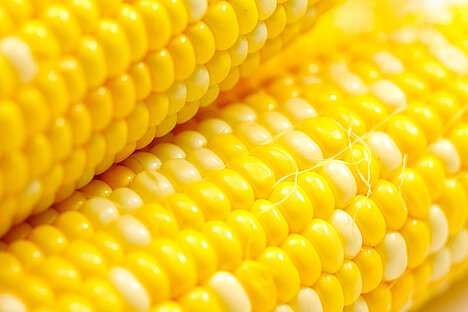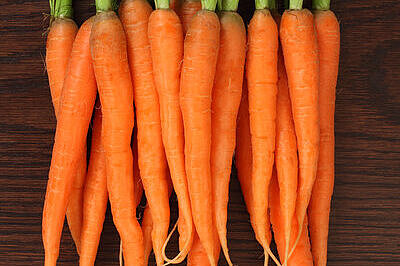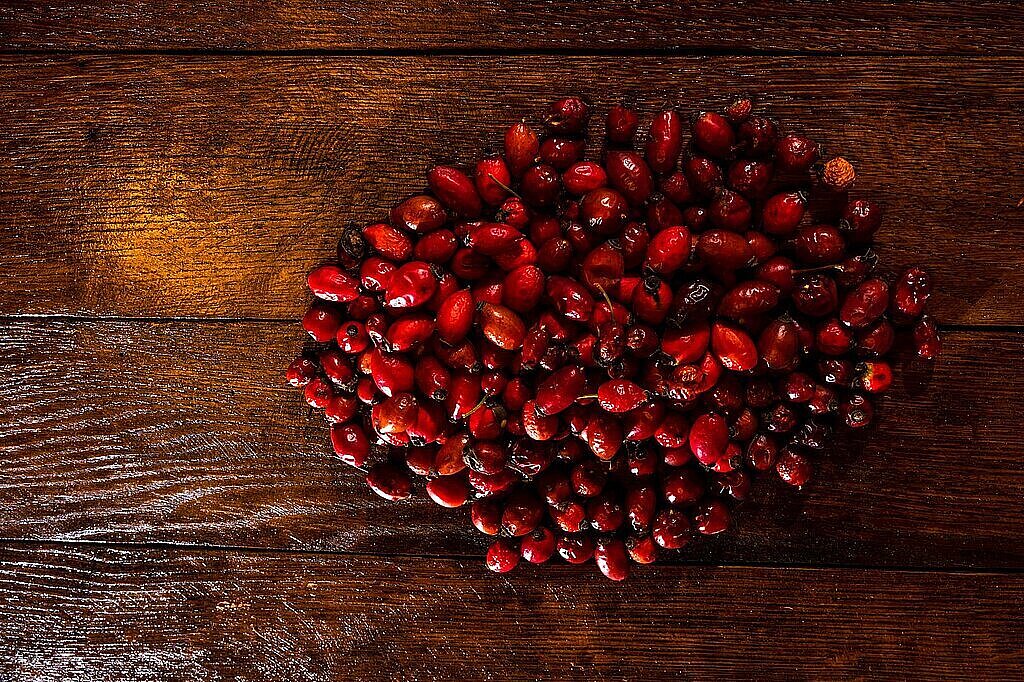Lutein

Lutein is a natural pigment that belongs to the carotenoids. It is mainly found in green leafy vegetables, corn, egg yolk and some fruits. Lutein is important for eye health as it protects the retina from harmful blue light and free radicals. But not only humans benefit from lutein, dogs can also benefit from it.
The benefits of lutein for dogs
Lutein can improve vision in dogs, especially in older dogs suffering from age-related macular degeneration. This condition leads to a loss of central visual acuity and can result in blindness. Lutein can strengthen the macula and slow down the progression of degeneration.
Lutein can also strengthen the immune system of dogs, as it has an anti-inflammatory and antioxidant effect. It can therefore reduce the risk of chronic diseases such as cancer, diabetes and cardiovascular disease. Lutein can also promote skin and coat health in dogs, as it protects the cells from UV radiation and environmental toxins.
The disadvantages of lutein for dogs
Lutein is generally well tolerated by dogs, but side effects can occur in rare cases. These include gastrointestinal complaints, diarrhea, vomiting or loss of appetite. These symptoms usually occur if the dog ingests too much lutein or has an intolerance.
Lutein can also interact with some medications, especially those that affect blood clotting. These include, for example, aspirin, warfarin or heparin. If your dog is taking such medications, you should speak to your vet before giving lutein.
How much lutein does your dog need?
There are no official recommendations for the optimal lutein intake for dogs. The amount depends on various factors, such as your dog's age, weight, state of health and diet. In general, however, a moderate amount is sufficient to achieve the positive effects.
One way to give your dog lutein is through food. For example, you can mix small amounts of green leafy vegetables such as spinach, kale or broccoli into their food. Egg yolk or corn are also good sources of lutein. However, make sure that you do not feed these foods raw, but cooked or steamed.
Another way to give your dog lutein is through food supplements. There are special preparations for dogs that contain lutein. These are usually available in the form of tablets, capsules or powder. You should follow the manufacturer's dosage instructions and not overdose your dog.
Lutein is a valuable nutrient for your dog's eye, immune and skin health. It can help them stay fit and healthy for longer. You can give your dog lutein through food or supplements. However, make sure you choose the right amount and be aware of possible side effects or interactions.
If you notice any signs of hypersensitivity or poisoning in your dog, you should see your vet immediately. We are not a substitute for a vet, but we try to be as accurate as possible. Every dog reacts differently and we recommend you get a second opinion or consult your vet if in doubt.
Stay healthy and take good care of your four-legged friend!😊
Similar to Lutein
Like humans, dogs have a macula, a spot on the retina that is responsible for sharp vision. The macula contains high concentrations of zeaxanthin and another carotenoid called lutein. These two...
Dogs can convert beta-carotene into active vitamin A and thus cover their need for this vitamin. Vitamin A is important for the dog's eyesight, skin health and immune system, among other things....
Astaxanthin has many potential health benefits for dogs. For example, it can strengthen the immune system, improve eye and heart health, promote skin and coat quality and relieve joint pain....
Lycopene is an antioxidant, which means that it protects cells from the harmful effects of free radicals. Free radicals are aggressive molecules that are produced during metabolic processes or by...



